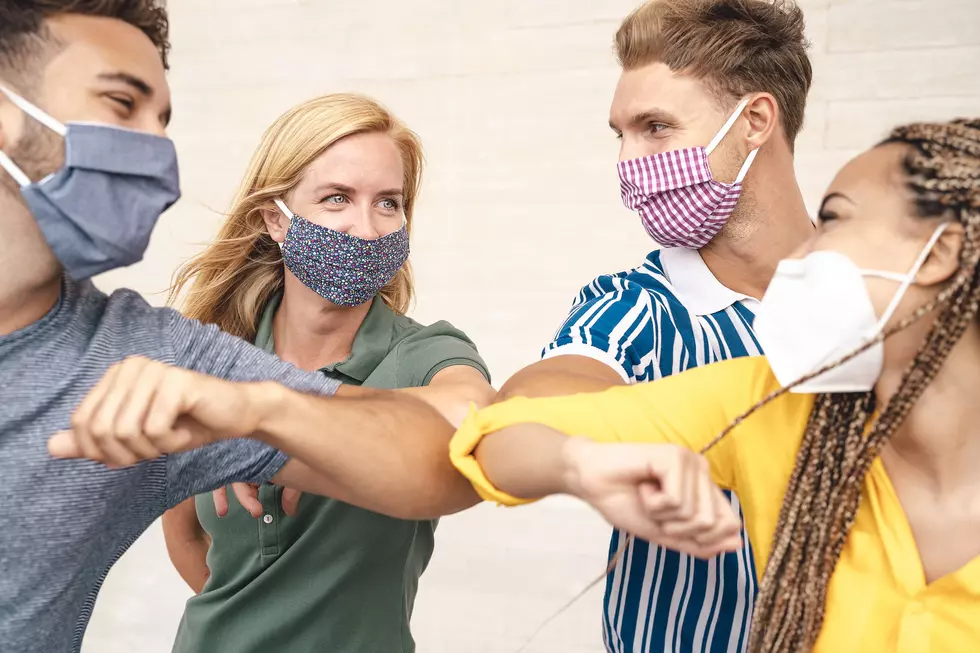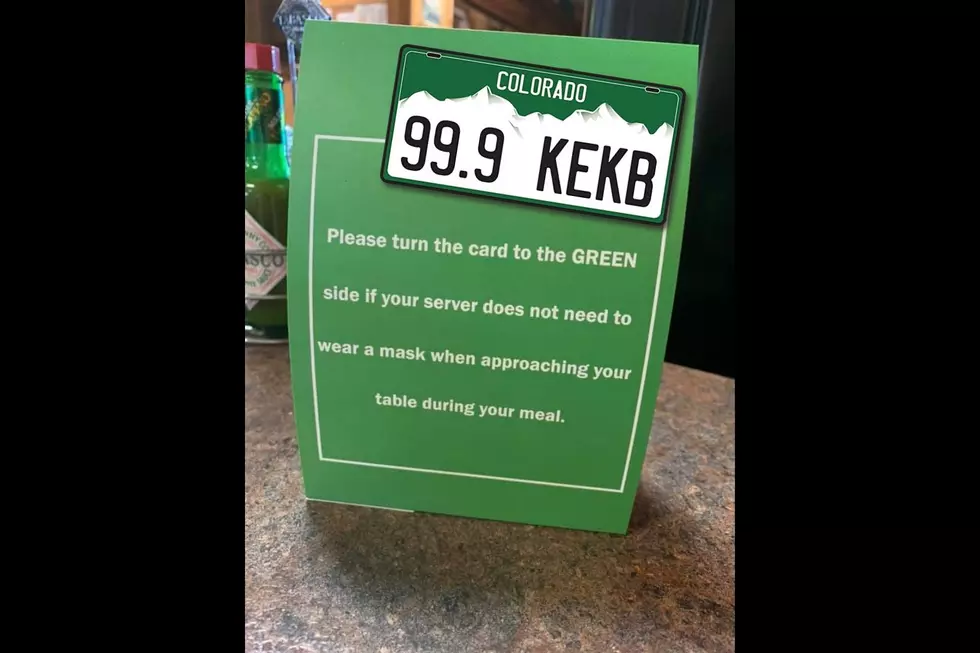
Most Colorado Workers Are Against Company Contact Tracing
Contact tracing is one of the new buzz words to come out of the COVID-19 pandemic.
On the one hand, contact tracing is extremely beneficial when it comes to tracking COVID-19 and trying to establish the amount of exposure someone has had to the virus. But, when does contact tracing cross the line of privacy?
A recent survey by Fishbowl, a workplace social network for verified employees shows Colorado workers echoing the sentiments across the country. They don't want their employer tracking their contact with other employees. In Colorado, nearly 80% of the survey respondents expressed opposition to having their contact with other employees traced, while the nationwide numbers showed an overwhelming 75% being opposed.
Obviously, the world and our workplace has changed dramatically in recent months. More people are working from home than ever before, and companies are taking drastic steps to keep their employees safe - and to keep their offices and businesses open and productive.
If someone in your office contracted the virus, wouldn't you want to know? Most people, I believe, would want to know, but it's a double-edged sword. We do want to know if we have been exposed and our level of risk of catching the virus and spreading it. However, at the same time, we all want extreme privacy. Can you have it both ways?
How far will employers go with contact tracing? How far can they go? Have you had to deal with this at your workplace?
Here are some other interesting results from recent Fishbowl surveys.
* 55% want to continue working from home when the pandemic is over.
* 54% fear there will be layoffs at the company.
* 62% of working parents are unable to juggle working from home and childcare.
* 42% say they drink while working from home
* 53% of women stopped wearing makeup
* 30% of men stopped shaving
* 55% say they work more hours each week than before the pandemic.

More From 95 Rock









